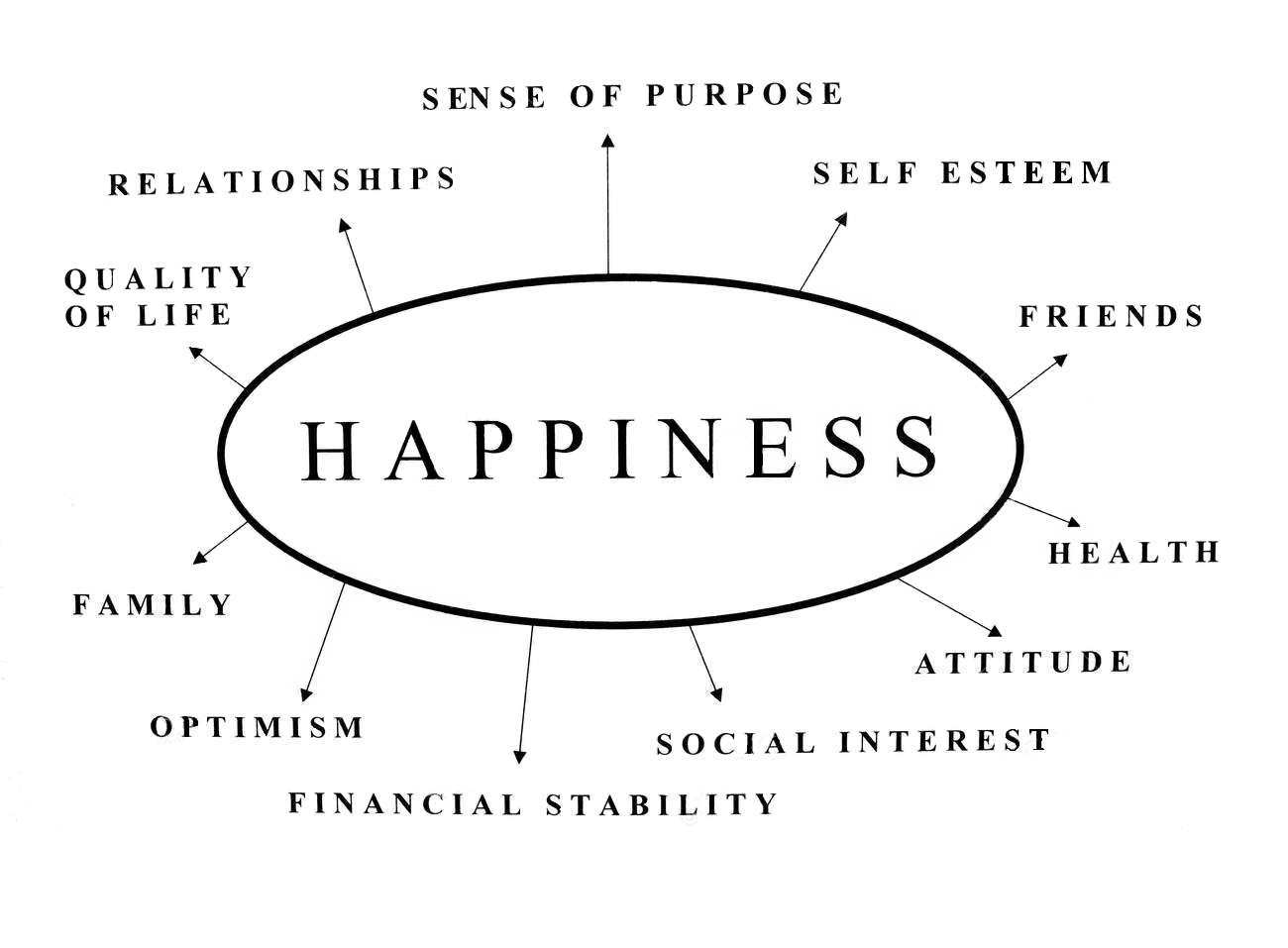A significant amount of research has provided supportive evidence for the widely agreed hypothesis that well-being is conducive to strong work performance. This longitudinal study analyses the data from an unusually large, diverse sample of a 900,000-strong cohort of army personnel, looking specifically at the strength of relationship between affective well-being (the frequency and intensity of positive and negative emotions and mood) and optimism on objective performance. While there are many factors that are influential in exceptional performance within a work context, this study shows that well-being and realistic optimism matter greatly.
The substantial sample size allowed Lester et al. to identify a curvilinear relationship between affective well-being and performance. In other words, those individuals with very high levels of positive mood and optimism (‘rose-tinted glasses’) are not necessarily your highest performers. Whilst a tendency for positive emotion is a good predictor for high performance, this study shows we need to experience the full spectrum of emotions to maximise outcomes. Some negative emotions such as anger can be adaptive to focus attention, perhaps conserve resources if required. Significant evidence of negative effect measures are, however, linked to low performance outcomes.
What practical implications does this study carry? The authors propose to include ‘happiness’, as recruitment and pre-screening criterion. We believe the term happiness is misleading as it refers to a transient state affected by many variables. Modern workplaces promote encouraging people to share honest emotions and ensuring they are supported through periods of unhappiness. Recruitment practices hiring for ‘happiness’ would encourage team members to pretend contra to creating a resilient environment which by default embraces the full gambit of the human condition.
However, we do align with the idea that using cognitive optimism as a selection criterion can add value to the hiring process as this study evidences the impact of a realistic degree of optimism on performance.
Additionally, the curvilinear relationship of the findings suggests that emotional intelligence is an important factor to regulate affective states at optimal levels. Strengthening effective well-being and optimism is possible as evidenced through studies such as those carried out by Martin Seligman. Due to the neuroplastic properties of our brain we can ‘learn’ optimism and how to foster greater wellbeing. Providing cognitive tools and techniques that deepen emotional intelligence and optimism will help to support individuals and teams to nurture wellbeing whilst improving both performance and resilience.
https://ppc.sas.upenn.edu/sites/default/files/happysoldiershighperformers.pdf
Top Performers Have a Superpower: Happiness (mit.edu)
If you would like to discuss any of the Insights presented here, please get in touch – and the link through to Contact page.


